Audio Technical Manual Life Agromine
An introduction to agromining in Greek with Maria Konstantinou (International Hellenic University) and the science communicator Evgenia Tsianou (alchemia-nova).
Audio file (tba)
1. What is agromining?
Listen here. (Audio file, upload he corresponding from the dropbox)
Answer by Guillaume Echevarria, University of Lorraine and Johannes Kisser, alchemia-nova
2. What did you research in Life Agromine?
Answer by Guillaume Echevarria, University of Lorraine
Why is agromining a modern research topic? What is the background?
Answer by Guillaume Echevarria, University of Lorraine, Markus Puschenreiter, BOKU and Marie-Odile Simonnot,University of Lorraine
Why is nickel important?
Answer by Guillaume Echevarria, University of Lorraine
What is a super plant, a hyperaccumulator ?
Answer by Guillaume Echevarria, University of Lorraine
How many plants can accumulate nickel?
Answer by Markus Puschenreiter, BOKU
How does the hyperaccumulator absorb the nickel? What is the mechanism?
Answer by Markus Puschenreiter, BOKU
What are the new results regarding the super plants in Life Agromine?
Answer by Markus Puschenreiter, BOKU
The hot spot of agromining in Albania & Balkans.
Answer by Markus Puschenreiter, BOKU and Aida Bani, University of Tirana
How does the co-cropping function in agromining? What are the results from the Life Agromine experiments?
Answer by Ramez Saad, econick
Nickel salts are extracted with hydrometallurgy, what is this process?
Answer by Claire Hazotte, econick
How to assess technically and economically the agromining?
Answer by Tom Kuppens, Hasselt University
Cost & Prices: agroming vs current extraction methods?
Answer by Tom Kuppens, Hasselt University
Can agrominining replace the current extraction methods in quarries?
Answer by Claire Hazotte, econick
What are the benefits and drawbacks of agromining?
Answer by Tom Kuppens, Hasselt University
Agroming: what metals can we extract apart from nickel?
Answer by Markus Puschenreiter
What is a circular economy?
Answer by Johannes Kisser, alchemia-nova
Why is Agromining a circular economy project?
Answer by Guillaume Echevarria, University of Lorraine and Johannes Kisser, alchemia-nova
How to use the nickel and other byproducts from agromining?
Marie-Odile Simonnot, University of Lorraine
What are the byproducts of agormining?
Answer by Guillaume Echevarria, University of Lorraine
Circular economy with plants, what are the Challenges and Opportunities
Answer by Johannes Kisser, alchemia-nova
How to apply sludge treatment in industry with agromining?
Answer by Claire Hazotte, econick and Gaylord Machinet, microhumus
What are the key lessons learned from agromining?
Answer by Guillaume Echevarria, University of Lorraine
Concerns in agromining
Answer by Guillaume Echevarria, University of Lorraine
What can we achieve with agromining in the future?
Answer by Guillaume Echevarria, University of Lorraine and Markus Puschenreiter, BOKU
Exciting times during the experiments in Life Agormine?
Answer by Markus Puschenreiter, BOKU
Meet the Life Agromine team
(check in the dropbox file the subfolder intros with the below order)
Guillaume Echevarria, University of Lorraine, Project Coordinator Life Agromine
Markus Puschenreiter, BOKU
Aida Bani, University of Tirana
Marie-Odile Simonnot,University of Lorraine – take the file B – it is written Noelle,mistake
Tom Kuppens, Hasselt University
Johannes Kisser, alchemia-nova
Claire Hazotte, econick
Ramez Saad, econick
Gaylord Machinet, microhumus








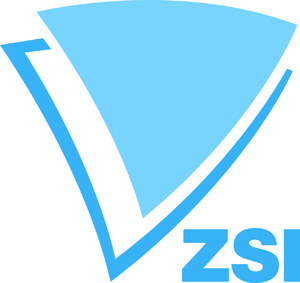
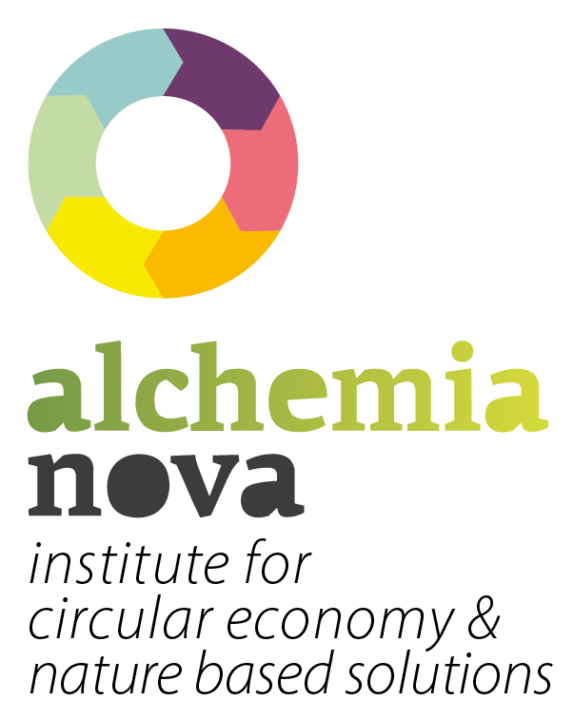
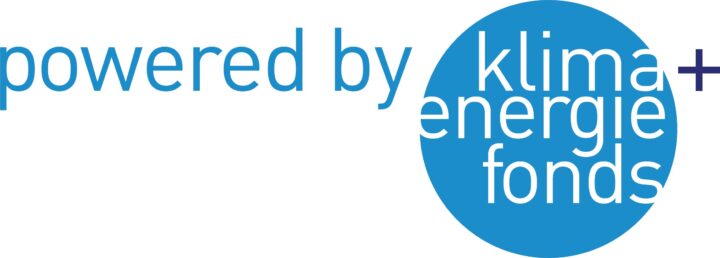










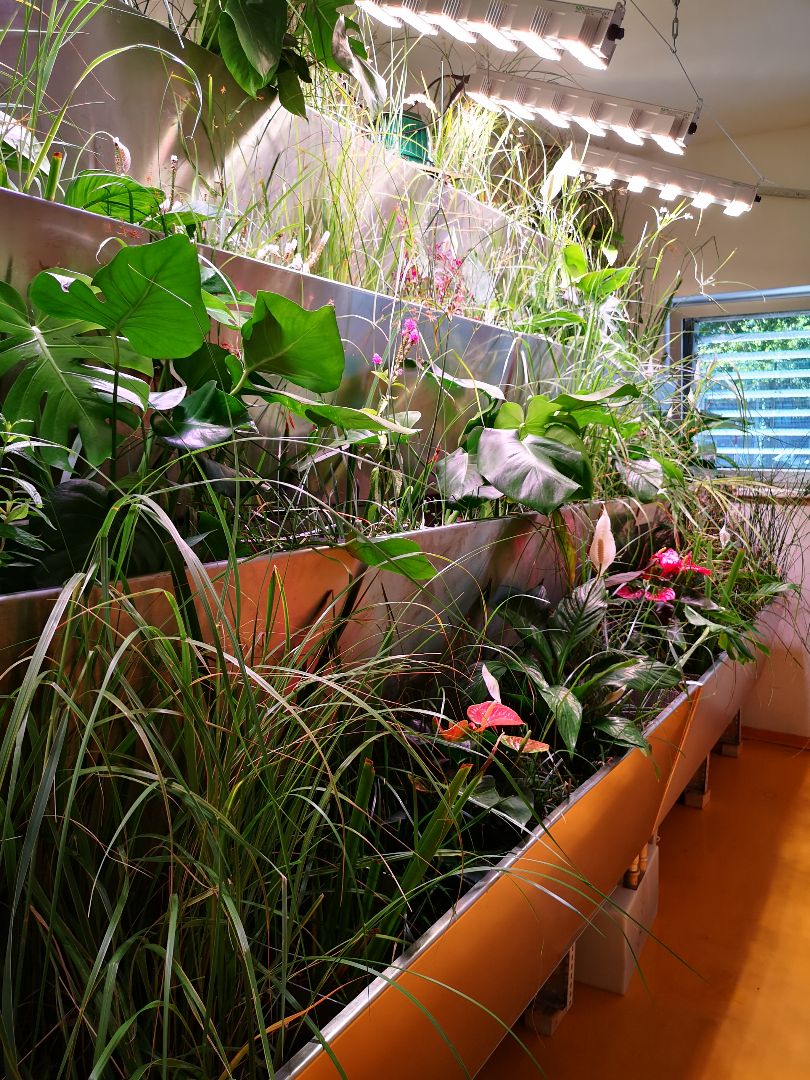





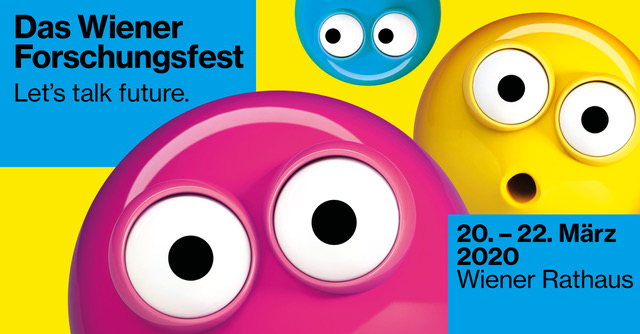

 “Unity creates strength, especially when the contribution of all is needed. Take for example the housing sector and its currently inefficient use of available resources.”
“Unity creates strength, especially when the contribution of all is needed. Take for example the housing sector and its currently inefficient use of available resources.”